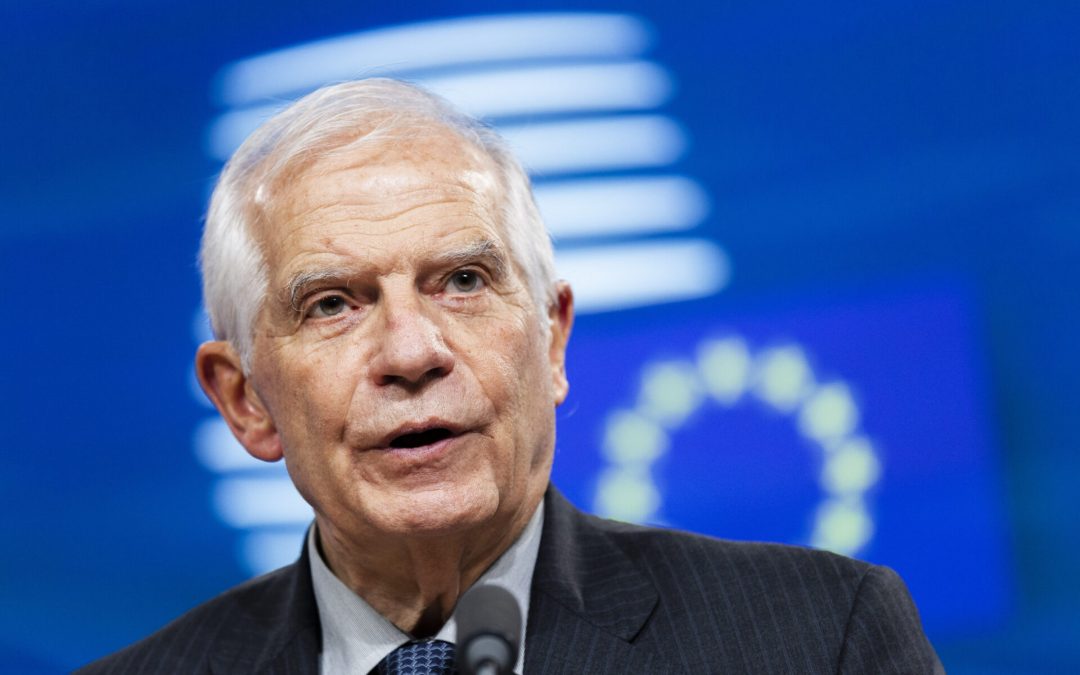BRUSSELS – The EU High Representative for Foreign Affairs and Security Policy Josep Borrell announced on Monday that the joint meeting of foreign and defense ministers of member states at the end of August will be held in Brussels instead of Budapest, due to Hungary’s solo actions during its rotating presidency.
“We have to send a signal, even if symbolic, that opposing and disqualifying EU foreign policy as a party to the war must have some consequences,” Borrell said at a press conference following the end of the EU foreign ministers’ meeting.
“Therefore, I think it is appropriate to convene the next informal meeting of foreign and defense ministers in Brussels after the summer holidays,” Borrell added.
It is an informal meeting, the so-called Gymnich, organized by each rotating presidency on its soil.
The European Union is looking for a way to respond to Hungary’s solo actions during its rotating presidency in the field of foreign policy. Borrell earlier presented the idea that he could convene a meeting of EU foreign ministers at the end of August at the same time as Hungary’s presidency scheduled an informal meeting in Budapest, which would practically mean boycotting that meeting.
Hungarian Prime Minister Viktor Orban, right after his country assumed the rotating presidency, flew to Moscow and Beijing on a self-proclaimed “peace mission” to negotiate a possible ceasefire in Ukraine. He did this without any consultations with other EU members and institutions, and besides that, the rotating presidency is not authorized to represent the EU abroad.
Orban also previously left the NATO summit in Washington and flew to Florida where he discussed Russia’s war against Ukraine with US presidential candidate Donald Trump. Hungarian Foreign Minister Peter Szijjarto criticized the EU’s policy towards Ukraine and in his speech at the UN Security Council accused the Union of pursuing a pro-war policy.
Arriving at today’s meeting, Borrell said he wants to hear the opinion of all member states and that after that he will make a decision on where the meeting will be held.
Polish Foreign Minister Radoslaw Sikorski said that a compromise proposal was discussed to hold the Gymnich in Ukraine, but that Hungary was against it.
Spanish Foreign Minister Jose Manuel Albares said that for calling a ministerial meeting outside the EU, the consent of all EU members is required, so the idea of a meeting in Ukraine was dropped.
Croatian Foreign Minister Gordan Grlić Radman indirectly answered the journalists’ question about whether Croatia supports the boycott of participating in informal ministerial meetings in Hungary, saying he does not agree with that.
“I wouldn’t talk about some kind of boycott. When we talk about the informal Council meeting, it is always called by the high representative. Traditionally, the Gymnich, the informal Council, is held in the country currently presiding,” Grlić Radman said.
Borrell emphasized at the press conference that the “so-called peace mission” that ignores fundamental principles ultimately only benefits Russian President Vladimir Putin.
 go to the original language article
go to the original language article
